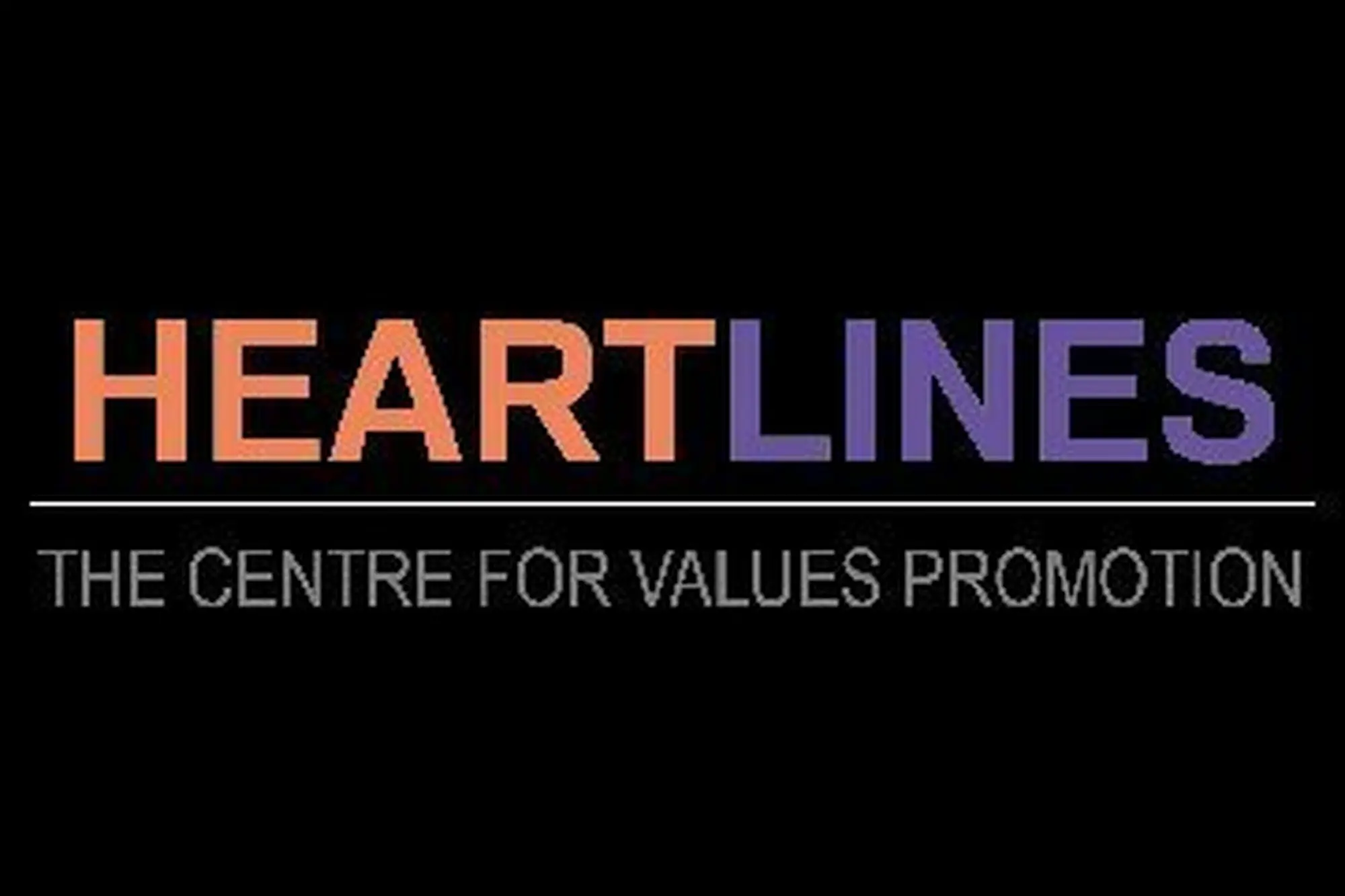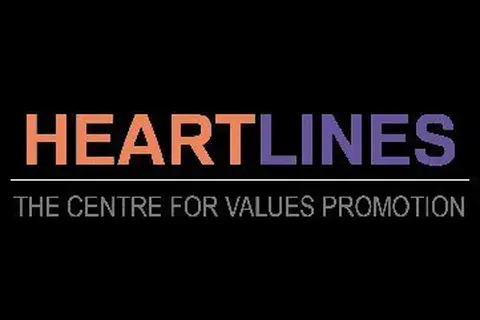Microlending a tramping ground for loan sharks
Apartheid , Gang , Gambling , COVID-19By Stuart Graham

Some three decades ago Bangladeshi economist Muhammad Yunus, then a professor the University of Chittagong, lent money to a poor woman struggling to survive making bamboo stools.
The effect of his small injection of capital was immediate and the poor woman's business started to thrive.
Inspired by the woman's success, Yunus went on to lend a group of 42 basket makers the equivalent of 27 pounds to get their business going. All were equally successful.
Yunus recognised the need poor business owners and so started Grameen Bank to provide funding for people who few were willing to help.
Two decades later, in 2006, the man who had become known as "the banker of the poor" received a Nobel Prize for pioneering micro credit, a new banking system which grants small loans to poor people who do not qualify for conventional bank loans.
Today there are literally millions of people around the world who have found a way of making a living with the assistance of micro credit. The Microcredit Summit Campaign, an organisation co founded by Yunus in 1997, gives credit for more than 100 million families around the world.
But there is another darker side to Yunus' scheme.
Unscrupulous banks and loan sharks were quick to realise that there lucrative profits to be made lending to the poor, who often need money to cover the cost of a funeral or to pay for their child's university fees.
It's a concerning issue in a country like South Arica, where The National Credit Regulator (NCR) estimates the total outstanding consumer credit balance to be around R1.4 trillion.
Kobus du Toit, a KZN attorney and director of KwaZulu-Natal Debt Counsellors, says literally thousands of people in his province are caught up in debt totalling millions of rands emanating mostly from micro loans.
"Lending money to the poor has become a very lucrative business but it is neither honest nor moral," he says, adding that loans are often granted on "unsubstantiated information".
"There is evidence of consumer manipulation with consultants verifying the main breadwinner's income of say, R4000, but not verifying a supposed R40000 income paid to other members of the family." Most often it's those who can't afford the loans who are the victims of loan sharks, with migrant mine workers a particularly vulnerable target.
Du Toit says labour unrest often results when workers, trapped in a cycle of debt.
Investigations after the Marikana massacre in August 2012 in which 37 miners were gunned down by the police, for example, found that high levels of debt were one of the main causes of the strikes.
"Workers blame their employers for inadequate wages rather than the microlenders for demanding exorbitant interest rates on borrowed money.
"Many loans should never have been granted."
National Union of Mineworkers spokesman Lesiba Seshoka says miners will often come from a rural area in the Eastern Cape.
"He will be away from home for a long time and often he'll take a second wife and start a second family. He will be supporting two homes and soon his salary won't be enough and he will need a loan," says Seshoka.
"That is when the loan sharks arrive."
Workers, who are often poorly educated, will sign a contract without reading it. When they are unable to pay back their loans a loan shark or microlender will approach a magistrate's court, where a lowly clerk will issue an order for an employer to deduct an amount from the worker's salary.
Paul Slot, president of the Debt Counsellors Association of South Africa (DCASA) says the interest for short term debt (pay day loans) can be as high as 60 percent.
"In addition, the consumer has to pay the usual set up fees all of which makes the loan exorbitantly expensive," he says. International experts remain divided on the issue saying the spirit of micro-lending has been corrupted.
Values-based NGO, Heartlines, has initiated a money and values campaign in the belief that attitudes and behaviours around money are at the root of many of the problems facing our society.
“At an individual level, our attitudes to money determine how we earn, spend, save and give away our cash. At a national level, it translates into our collective understanding of what our country stands for - what we value and how we invest in those values,” says Heartlines CEO Garth Japhet.
The multi-faceted campaign also challenges business to adopt a more ethical approach when dealing with customers, employees and competitors.
Unions and mining houses such as Impala Platinum (Implats) say they are implementing a range of measures to educate workers about the risks of taking loans.
Alice Lourens, a spokeswoman for Implats says the company provides training as part of its "annual ex-leave induction programmes" where employees are briefed about financial wellness aspects and advised of the programmes we offer to assist them should they fall into financial difficulty.
"The practise of unsecured lending is not well devised or controlled and this has allowed unscrupulous parties to exploit vulnerable workers," she says.
With millions of South Africans struggling to break out of poverty, the need for micrloans to spark up thriving small businesses has never been greater.
But without the spirit of Muhammad Yunus to lead it, South Africa's microlending industry will remain a tramping ground for loan sharks who prey on the poor.
* This article first appeared in Sunday World on 16 February 2014. It is part of a series produced to support the Heartlines Values & Money campaign to encourage South Africans to think about how they earn, spend, save, borrow and give away their money.
Featured






